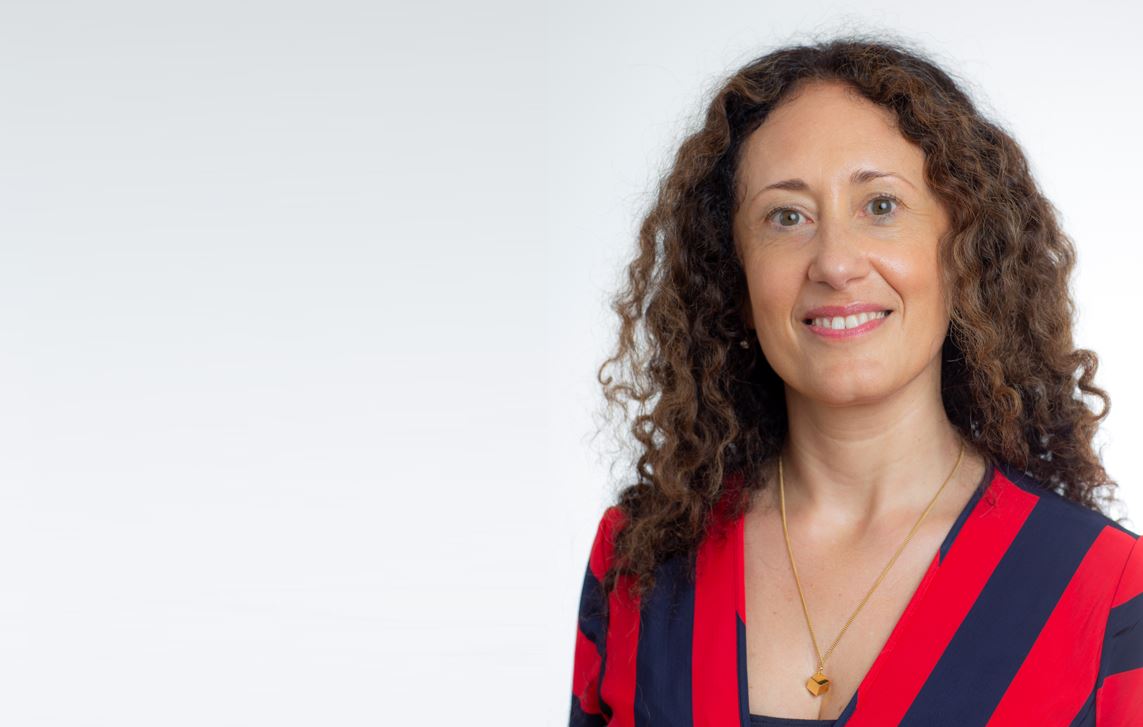Nadia Micali is one of the world’s leading researchers on eating disorders. Based on a major grant from the Novo Nordisk Foundation, she has moved her research to Denmark, where she wants to further investigate and understand how genetic, physiological and mental factors influence eating disorders.
An ever-increasing number of young people develop eating disorders such as anorexia, bulimia and compulsive overeating.
For many years, the primary focus has been on behavioural changes, both within research on eating disorders and the treatment of people with these disorders. However, a clearer picture is gradually emerging that mental health factors and also metabolic and genetic factors cause eating disorders.
Nadia Micali is one of the world’s leading researchers on eating disorders. She is a native of Italy and has received a 7-year Laureate Research Grant of DKK 42 million from the Novo Nordisk Foundation. She has therefore recently moved to Denmark as Head of Research at the Research Unit for Eating Disorders at the Capital Region of Denmark Mental Health Centre in Ballerup near Copenhagen.
The aim of this distinguished researcher in coming to Denmark is to learn more about the many factors that play a role in developing and maintaining eating disorders.
“For many years we have focused on how mental health affects the body, but we have done far too little to understand how the body affects the brain in connection with the development and progression of eating disorders. This is the aim of the research that my group and I will be carrying out over the next 7 years. My vision is to reveal genetic and non-genetic risk and protective factors for eating disorders, focusing on metabolism and anthropometry and their interactions with the brain and behaviour. I aim to create a research programme that can potentially influence clinical practice, which in turn may help to improve treatment and outcomes for people with eating disorders,” explains Nadia Micali, who has studied eating disorders for more than 20 years.
Much greater focus on the body’s role in eating disorders
Over the next 7 years, much of Nadia Micali’s research will encompass three subprojects.
- In one subproject, the researchers in her group will use the health registries in Denmark and cohorts in Denmark and elsewhere to learn more about genes associated with the risk of developing eating disorders but also identify genes and environmental factors that may protect people from developing eating disorders.
- The second subproject involves establishing a clinical cohort of people with eating disorders and investigating what happens both in their brain and their body. The researchers will also investigate the relative risk of developing eating disorders among children born to mothers with eating disorders versus the children of mothers without eating disorders. This aims to determine what happens in the body when people develop eating disorders and how other biological mechanisms can protect against these disorders.
- Finally, the researchers will combine their findings from the other two subprojects in a third project with the aim of developing models to predict who has a higher risk of developing eating disorders and identifying new treatment approaches for these people.
“We hope to identify new drug targets in the link between the body and the brain. We also aim to identify people who might develop chronic eating disorders and who might develop more transient eating disorders. This will enable us to tailor the treatment more individually,” says Nadia Micali.
Coming to Denmark to collaborate with other experts
Denmark succeeded in attracting such a competent researcher as Nadia Micali not solely because of the major grant but also because Denmark offers attractive research infrastructure and competencies.
Denmark is world famous for its health registries, which enable registry-based studies at a world-leading international level that is matched by very few other places in the world.
In addition, the University of Copenhagen has capacities within many fields that Nadia Micali needs to use to achieve her great ambitions. These include expertise in brain imaging, genetics and metabolic research originating from the Novo Nordisk Foundation Center for Basic Metabolic Research.
“Denmark has a very large specialised treatment centre for eating disorders at the Mental Health Centre in Ballerup that takes in more than 1,000 new patients per year. Having all these skills in the neighbourhood makes coming to Denmark to carry out the type of research I want to perform very attractive,” concludes Nadia Micali.
About Laureate Research Grants
The Foundation awards 7-year Laureate Research Grants to leading international researchers who want to establish a research group in Denmark. Each grant of up to DKK 50 million is a framework grant covering project operations, salaries and research equipment over the 7 years. The grants may be extended for another 7 years based on a new application and an evaluation of the project in the sixth year.









